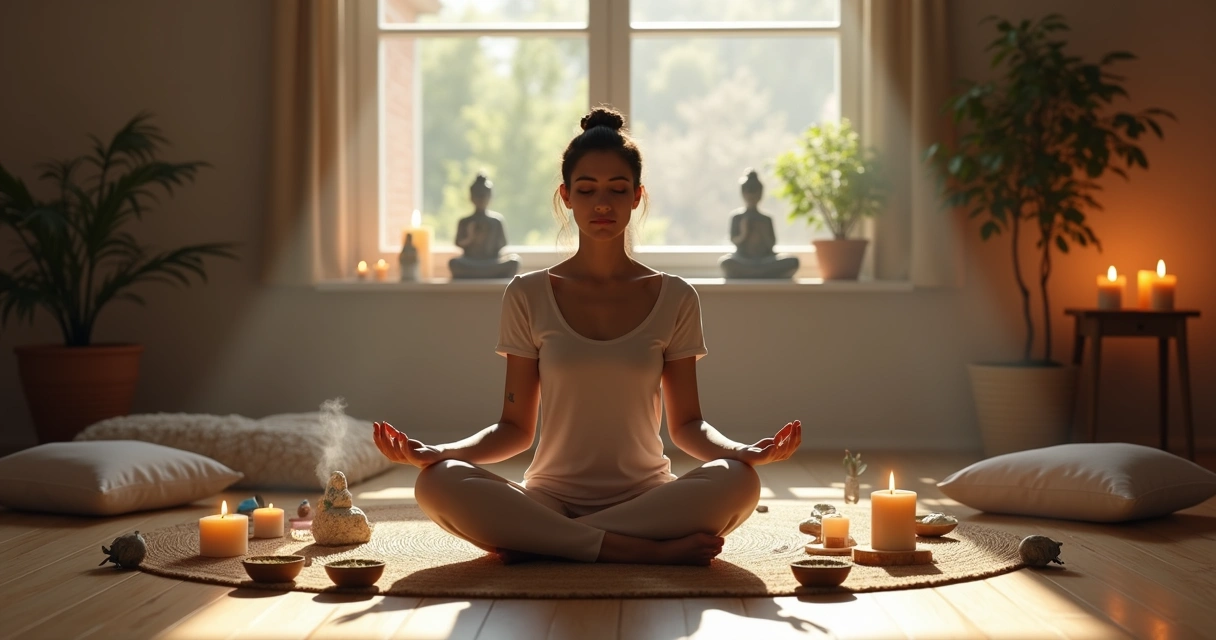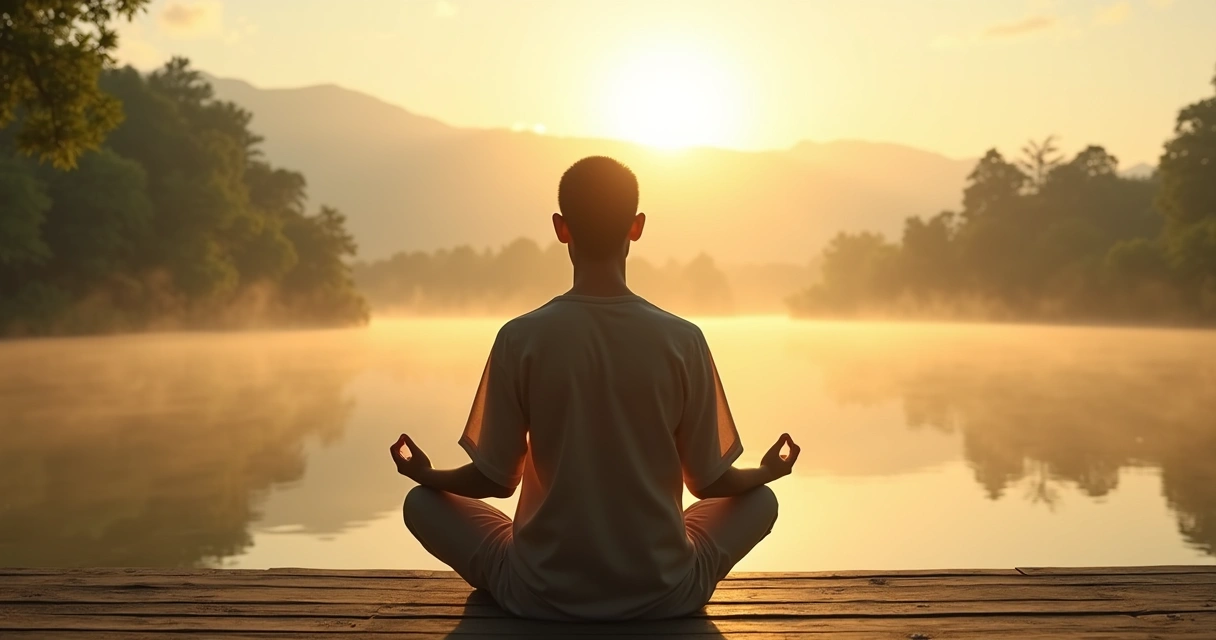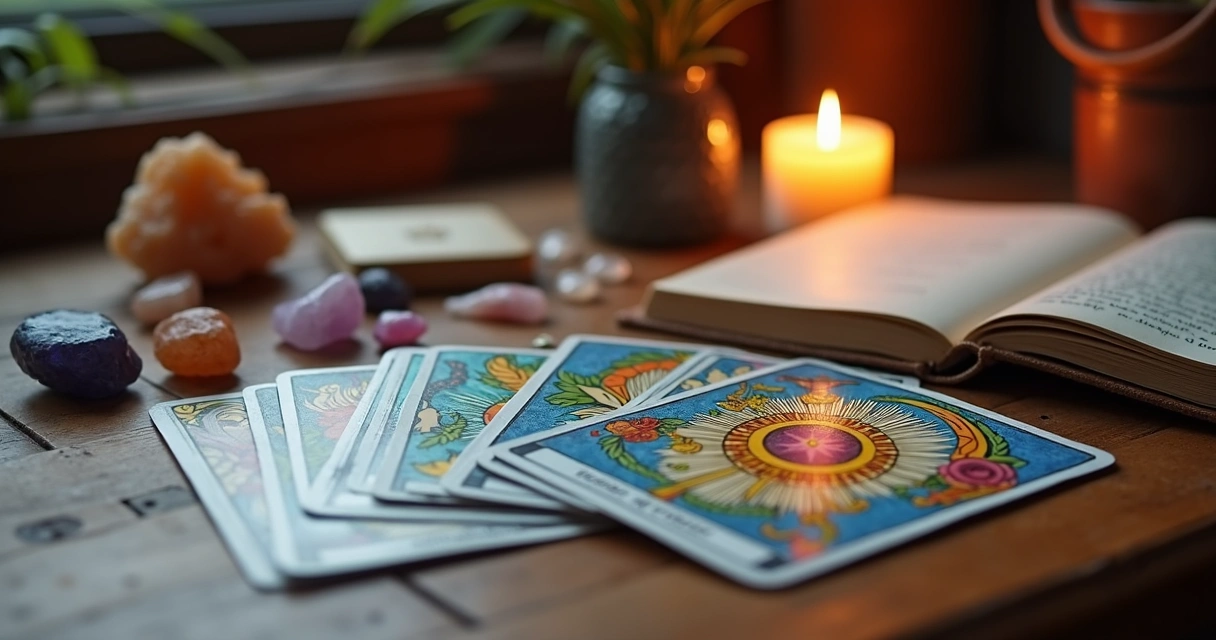It’s sunrise, and the world is still quiet. Light spills across your room, landing gently on the objects you treasure—a favorite book, a tumbled stone, maybe a tiny glass of water left overnight. This stillness, this moment, is an invitation. Across cultures and centuries, people step into mornings like this with intention, small rituals, and a longing for something deeper inside and beyond.
Sometimes, the word 'spiritual' can feel big, distant, reserved for saints or forever-busy mystics in hidden temples. Yet, the truth—at least as I see it—is that everyone, no matter their beliefs, can carve out a sacred space for growth and meaning, right where they are. Daily spiritual habits aren't so mysterious. They can be as humble as a whisper, as practical as a notebook, or as bold as a song sung to the sky. Let's walk through this world of simple yet transformative rituals.
Understanding the variety of spiritual customs
Before getting into details, it helps to remember that human beings, all over the world, have reached for the unseen in countless ways. “Spiritual practice” is a broad term—it covers sacred routines found in religions, but also paths walked by those who call themselves agnostic or secular.
- Meditation in Buddhist temples. Quiet. Mindful breaths. Sometimes incense, sometimes nothing but silence and a focus on the present.
- Prayer whispered by Christian grandmothers at dusk, and chanted in the dawn by men wrapped in shawls in remote mosques.
- Journeys to sacred rivers, walks in the forest, or pilgrimages to shrines.
- Ritual dances, fasting, or sharing bread, each action touching something invisible, yet powerful.
- Modern mindfulness methods, practiced everywhere—on trains, in boardrooms, or even in five-minute windows before a meal.
All these approaches have at least one thing in common: they offer a chance to tune in, to pause, and to connect. The details differ. But the desire for a sense of purpose, self-growth, or a link to the numinous—that is the thread through them all.
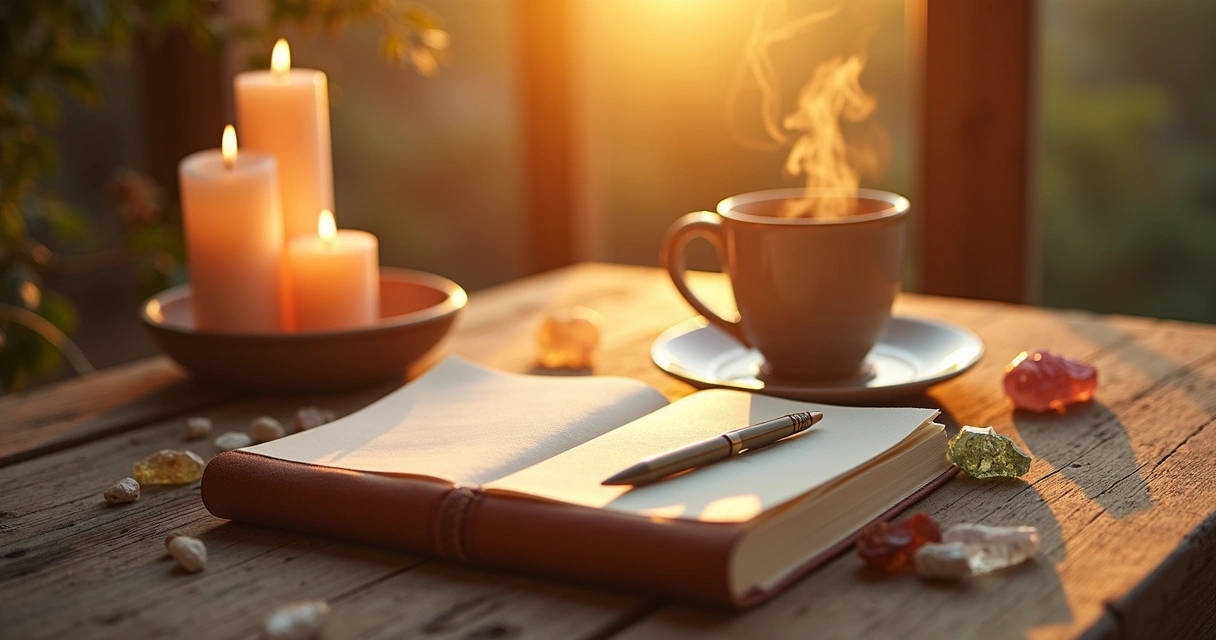 Core practices: meditation, prayer, fasting, and mindfulness
Core practices: meditation, prayer, fasting, and mindfulness
The heart of daily ritual beats quietly in a handful of recurring actions. It’s not about grand gestures, but about little sparks that light the mind and soul. Let’s walk through a few that show up in cultures everywhere.
Meditation: the art of sitting with yourself
Meditation can feel intimidating—a word wrapped in images of monks and mountaintops—but, stripped down, it’s just the choice to pay attention to the inner world. Ten minutes of sitting, observing your breath, allowing your thoughts to drift by like clouds. Some people use mantras, others listen to gentle music or the sound of wind in the trees.
Why do it? Again and again, research shows that meditation brings greater calm and focus, can help ease anxiety, and even makes daily stresses more manageable. The practices shared in energy healing circles often include a place for mindful awareness. If you are starting, don’t expect to "master" it—just commit to showing up, even if you feel restless some days, open and peaceful on others.
Stillness is an act of courage.
Prayer: a bridge between the personal and the divine
Often, prayer is thought of as religious. In practice, though, it can be deeply personal—even secular people talk to the unknown, or to their best selves. Prayer can take many shapes: repeating set words, speaking from the heart, or simply sitting in quiet longing.
Sometimes I write my prayers in a notebook, which, after a while, turns into a kind of life record—a visible thread of my worries, hopes, and gratitude. Many who use tools like MysticLog appreciate that digital spaces can also become a sanctuary for these thoughts, gathering scattered impressions into a single, meaningful archive.
Fasting and restraint: clearing space to grow
Throughout history, nearly every spiritual tradition has used some form of fasting. This doesn’t always mean skipping food; it can mean taking time away from screens, music, or conversations—anything that might crowd out reflection. Fasting, at its heart, is about clarity. When you let something go, even for a short time, you notice what’s left behind.
- No coffee for a morning. What do you notice?
- Silence in place of chatter. What arises?
It’s not about punishment. It’s an invitation to reset habits and to listen, even if it’s just for a day. Some integrate fasting once a month, others just before significant occasions.
Mindfulness: paying deep attention
Mindfulness, popularized in both spiritual and medical contexts, is simply this: paying attention with openness and without judgment. Cooking breakfast, walking to work, washing your hands—any moment can be a mindful one if you slow down and notice.
You might try one of these:
- Set an hourly reminder on your phone to stop and breathe for a minute.
- Before eating, look at your food, notice its colors, give quiet thanks for its journey to your table.
- When waiting in line, sense the contact of your feet with the ground, your hands with your wallet.
Mindfulness threads through every major spiritual school. In the end, it's more about intention than about how complicated your ritual looks.
Bringing various cultures and paths together
What about the diversity of beliefs, tools, and methods? The beauty of spiritual customs is how personal they become. Some draw on religious heritage—lighting Sabbath candles, kneeling on a prayer mat, tracing the sign of the cross. Others find power in what feels right to them, outside of formal religion: lighting incense because it feels calming, dancing to the sound of a drum, sketching symbols in a dream journal.
There is no single correct way. If you’re curious, you might read about how fortune tellers structure routines, or how tarot readers enhance intuition through daily draws. Tools like MysticLog give a practical framework for both tradition and invention—organizing thoughts, tracking insights, and providing a space that grows with you.
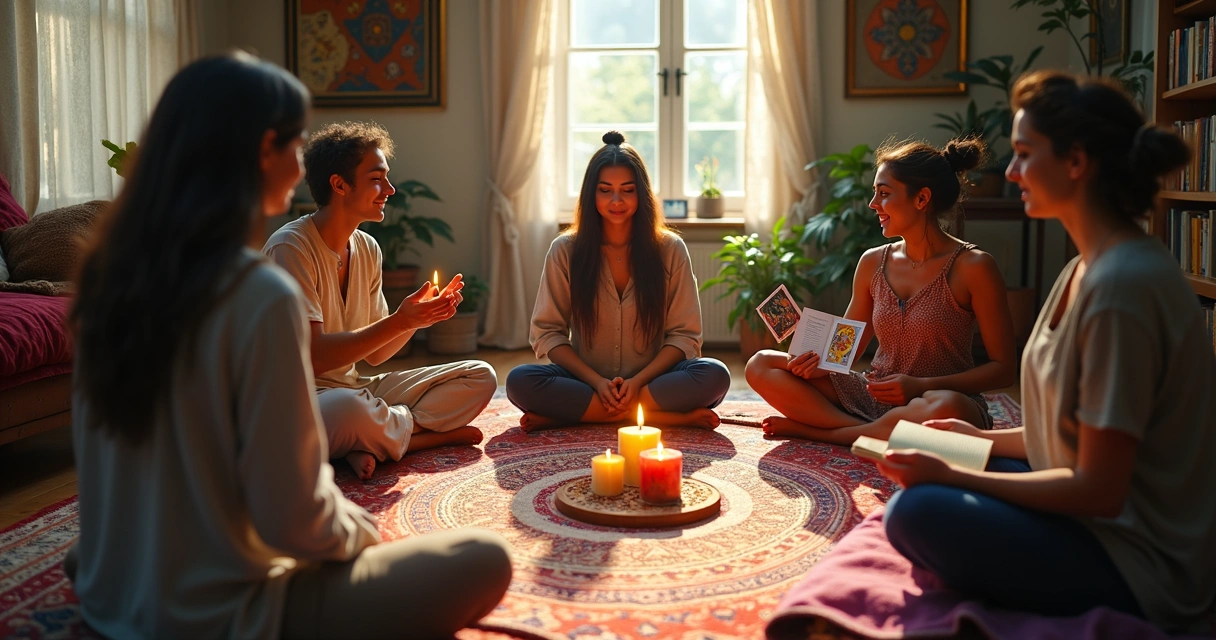 Stories from different traditions show us that ritual adapts to the times. In India, a grandmother might place flowers before a small altar at home. In Brazil, children might splash in the sea to honor Yemanjá. In Scandinavia, friends gather in forest groves to celebrate the summer solstice. Every act, whether grand or tiny, shapes the day and spirits alike.
Stories from different traditions show us that ritual adapts to the times. In India, a grandmother might place flowers before a small altar at home. In Brazil, children might splash in the sea to honor Yemanjá. In Scandinavia, friends gather in forest groves to celebrate the summer solstice. Every act, whether grand or tiny, shapes the day and spirits alike.
Examples for daily spiritual routines
Starting is simple, though not always easy. Maybe you’re already keeping a small ritual, even if you haven’t named it yet. Here are a few ways to weave intention into your days:
- Set aside five minutes after waking. Stretch, breathe, thank the new day—even if you're tired.
- Keep a journal—a place for prayers, gratitudes, cards pulled in the morning, or midnight dreams.
- Try a one-minute meditation before each meal. Just close your eyes and let yourself arrive fully.
- Burn a candle with an intention attached (for clarity, peace, forgiveness—whatever you most desire).
- Date your entries or log your rituals. Looking back over time, you’ll see your own growth.
- Use digital aids like MysticLog or write in a paper notebook, whichever is more appealing and sustainable.
You can go for depth (an hour-long meditative walk in the woods) or keep it light and consistent (three deep breaths every time you sit down at your desk). If it fits your life, it counts.
The power of intention and consistency
What makes a ritual “work”? It is not about being perfect or dramatic—but about returning again and again with heartfelt intention. People often ask: How do I know if I’m doing it right? My honest answer: If you’re present, you’re already succeeding.
Consistency turns moments into meaning.
The mind wanders sometimes. It’s okay. You’ll forget a day now and then. That’s human. Come back, gently. One skipped morning does not erase months of effort or connection. Actually, in my experience, the rituals that last are the ones that forgive our flaws, not demand perfection.
Emotions that transform: gratitude, compassion, and awe
It might sound a little grand, but strong feelings like gratitude, compassion, and wonder have a deep place in spiritual paths the world over. Sometimes we think of spirituality as dry discipline, but recent studies on self-transcendent emotions show that these feelings help us feel more connected, happier, and less lonely. When people feel awe in nature, say thank you for a meal, or reach out in kindness, something shifts—not just for the moment, but in the heart's habits over time.
A gratitude journal (just a tiny daily list of things you cherish, no matter how small) is a proven way to boost spirits. Compassion, both for yourself and others, is another form of emotional magic. Even awe—pausing to watch raindrops or the night sky—can open us to a sense of meaning and belonging. In a way, these emotions are themselves spiritual habits.
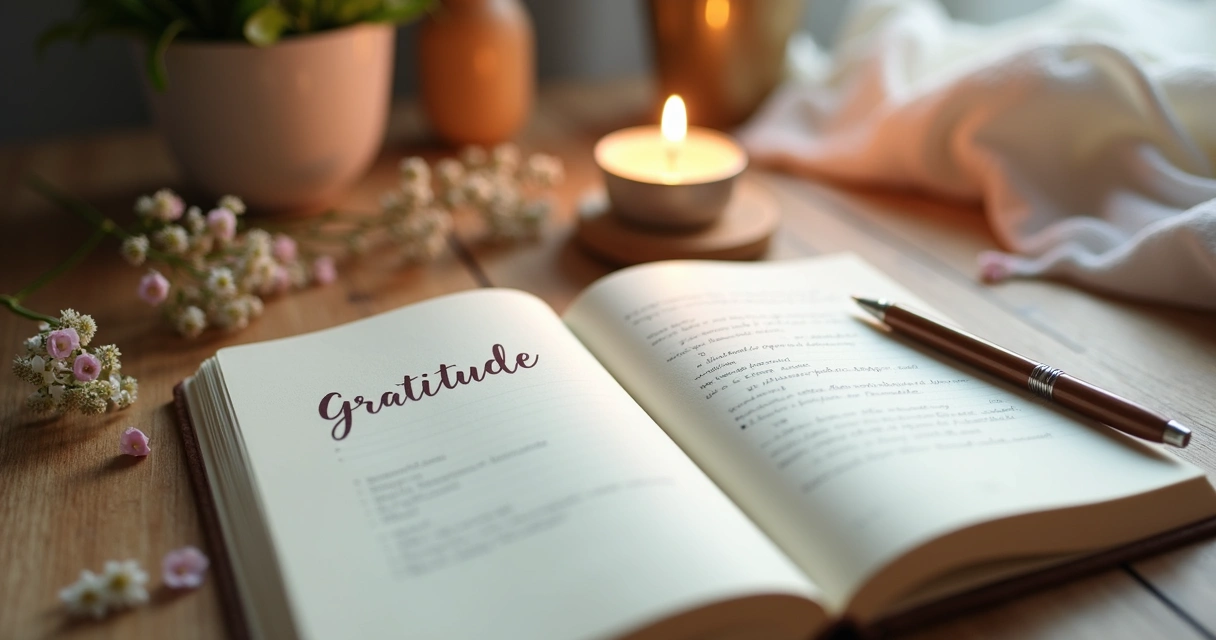 Personalizing your own journey
Personalizing your own journey
Here's a truth I keep learning: no two people practice spirituality in the same way. What wakes one person up in the morning might leave another completely unmoved. Some need words, others need music, some just want a glimpse of green leaves outside the window. What's meaningful is what feels real for you.
The diversity of spiritual traditions is a gift, not a challenge. Borrow, mix, experiment. You might pull a card from an oracle deck, light incense, or just invite silence after a busy day. As you learn, notice what comes alive in you. If something leaves you cold, that's fine. Move on. If it lights a spark, nurture it.
Projects like MysticLog are built around this flexibility, offering both tools for learning and a place for deeper self-reflection. The Mystical AI Assistant there, for example, can prompt you with new rituals, decode symbols, or offer a gentle reminder to notice gratitude or awe tucked inside daily minutiae.
Weaving spirituality into modern life: tips and gentle realism
In everyday life, distractions are everywhere. Family, work, stress, the relentless echo of pings and notifications. Setting time aside for personal ritual can feel awkward at first, sometimes even selfish. But carving out this time is a way of caring for yourself, not drawing away from others.
- If you commute, listen to uplifting music or recite a mantra along the way.
- With family, start a shared gratitude practice at dinner—even one word from each person is enough.
- Busy mornings? Put a reminder on your toothbrush for a 10-second intention setting.
- Feeling stuck? Try looking back at records of previous readings or rituals. The importance of documenting oracular insights is profound, even if it’s done simply and quickly.
- End your day with a single question: “Where did I notice the sacred today?”
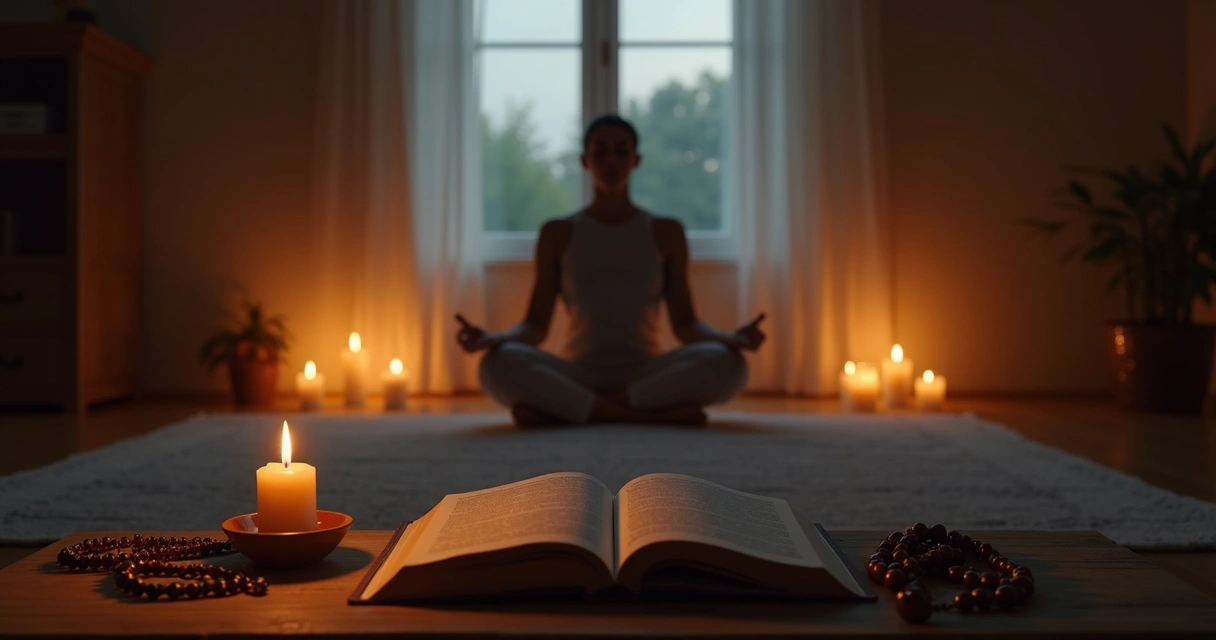 Spiritual habits don’t require grand cathedrals or rarefied time in the forest. Small actions matter. Consistency, gentle curiosity, and self-forgiveness are your best tools. If you have a bad day, just pick back up tomorrow. The process is ongoing; it loops, grows, sometimes falters, but always offers more if you keep showing up.
Spiritual habits don’t require grand cathedrals or rarefied time in the forest. Small actions matter. Consistency, gentle curiosity, and self-forgiveness are your best tools. If you have a bad day, just pick back up tomorrow. The process is ongoing; it loops, grows, sometimes falters, but always offers more if you keep showing up.
Transformation and purpose: what it means, really
In the end, the most honest thing I can say is that spiritual routines are not about escaping life, but about landing in it more fully. You may not gain sudden enlightenment—maybe you don’t want to. Instead, you’ll notice yourself growing more curious, kinder, softer with yourself and others.
You find a purpose not because you chase it down, but because you quietly build it, choice by choice, day by day.
Transformation is a slow unfolding, not a sudden leap.
A personalized approach lets you grow at your own pace. It invites you to try, stumble, learn, and celebrate. Whether your daily moment is silent, spoken, written, or visual, give yourself permission to let it change over time. Mysticism, after all, is less about secrets or dogma, and more about trusting that every life is touched with possibility—even yours.
If you're looking for more guidance, reflection, or even new routines, consider making MysticLog part of your journey. Its blend of wise tools and gentle reminders can help you keep track, stay inspired, and connect with meaning in everyday life. Whether you’re a seasoned reader or just getting started, your daily rituals matter—and we're here to honor them with you.
Frequently asked questions
What is a spiritual practice?
A spiritual practice is a set of repeated actions—big or small—designed to nurture your connection to yourself, others, nature, or a sense of the sacred. This can include meditation, prayer, gratitude lists, creative expression, or even mindful movement. It varies widely between individuals and cultures, but the goal remains the same: to foster growth, clarity, and meaning in everyday life.
How do I start daily rituals?
Begin small and keep it simple. Pick one consistent time each day, like morning or before sleep. Choose an action that feels inviting: light a candle, sit in silence, write down one thing you’re grateful for, or do a short meditation. Make it manageable so you’re likely to return to it. Over time, you can adapt and build your routine to suit your needs and interests.
What are common mystical rituals?
Mystical rituals often include meditation, prayer, lighting candles, drawing tarot or oracle cards, using crystals, reciting affirmations, keeping a gratitude journal, or performing mindful walks in nature. In some traditions, people fast, chant, or use music and movement as part of their practice. The most common rituals are those that help you feel connected, peaceful, or inspired—even if they’re simple.
Is a spiritual practice worth it?
Many people find that daily spiritual habits improve their mental wellbeing, help manage stress, and deepen their sense of self-knowledge and connection with others. Studies highlight that self-transcendent emotions like gratitude and awe nurture a sense of purpose and community. While outcomes differ for each person, most benefit from even small acts that foster reflection and consistency.
How can I make rituals a habit?
To make rituals a habit, choose specific and realistic actions for your lifestyle. Attach your practice to another regular activity, like after brushing your teeth or before meals. Track your rituals using a journal or an app—projects like MysticLog are helpful for this. If you slip, forgive yourself and start again; what matters is returning, not perfection. Consistency over time turns small acts into meaningful habits.

